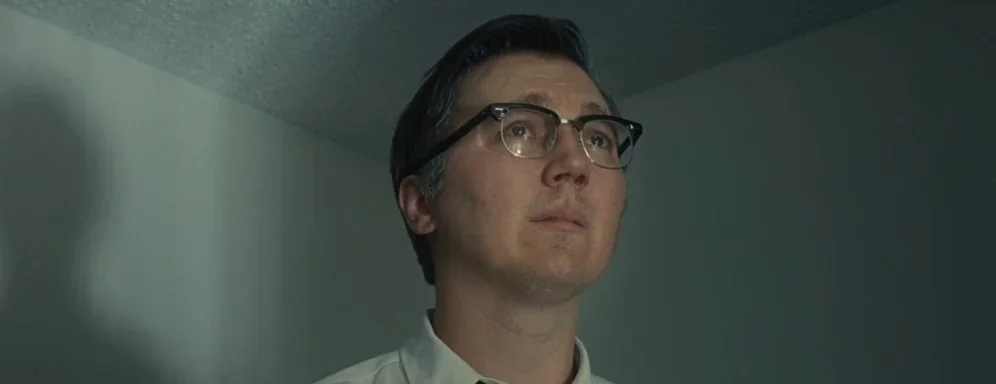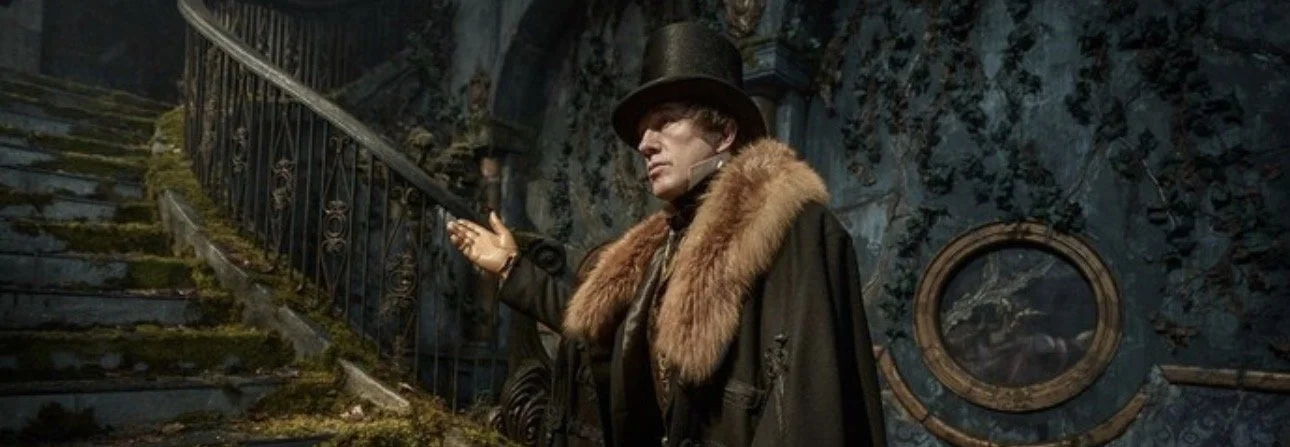Dave Kehr — one of the most respected film historians and critics of the last half-century — has broken his silence on “Here,” and it turns out he’s a major admirer.
I'm a big fan of Robert Zemeckis and his last film, “Here,” is really a masterpiece. As an experiment in film style, I think it's very advanced.
For those unfamiliar, Kehr’s opinion isn’t just anyone’s. A former critic for the Chicago Reader and current head curator at MoMA’s film department, he’s long been influential— a figure whose writing helped shape cinema. Martin Scorsese has cited Kehr’s importance, as has the late Peter Bogdanovich.
So when Kehr speaks, you pay attention. And he’s not alone. Over the past few months, a handful of highbrow film intellectuals have started coming to the defence of Zemeckis’ film.
Zemeckis’ bold, form-breaking adaptation of the Richard McGuire graphic novel was mercilessly panned by mainstream critics when it opened wide last November. It holds a dismal 39 on Metacritic and 35% on Rotten Tomatoes. The film’s box office take was just as brutal: $12M on a $60M budget, despite playing on almost 3000 screens upon release.
However, the critical tide may be starting to turn on “Here.” Initially written off as a misguided experiment, the film is now, very slowly, and in only certain circles, building a reputation as one of last year’s boldest and most misunderstood works.
Spanning millennia from the Paleolithic era to the distant future, and filmed entirely from the perspective of a single, unmoving camera angle, “Here” follows a fixed location as generations pass through it. Tom Hanks and Robin Wright are digitally de-aged (and later aged into their 80s) as the film compresses time into something fluid, surreal, and deeply melancholic.
French film bible Cahiers du Cinéma has called it a “radically formalist experiment” that “dares to confine the cinema to a single frame while opening it up to time itself.” The film is even drawing comparisons to late-period Terrence Malick, Apichatpong Weerasethakul, and even Alain Resnais.
Among the growing chorus of voices reconsidering “Here” is New York Magazine’s Bilge Ebiri, who has long championed ambitious, polarizing films. Ebiri speculates that “Here” might be “a disaster today, a classic tomorrow,” drawing comparisons to Alain Resnais’ “Last Year at Marienbad” for its manipulation of time and space.
Furthermore, The Film Stage has dubbed it “the biggest-budget experimental film ever made.” The Ringer placed it in their Top 10 for 2024. Slant Magazine’s critics also named it one of the best of 2024 yet again mentioning how it’s basically a “bona fide experimental film funded and distributed by a major studio.”
Filmmaker Vera Drew (“The People’s Joker”) voiced her emotional connection to the film:
“I cried through the whole movie. From dinosaurs to Ben Franklin. Movies are supposed to be this on the nose, you fucking hipsters. Thirty years ago, this would have made a billion dollars and would win best picture.”
Now that “Here” is readily available on streaming, the time feels right to ask: does Robert Zemeckis’ risky, divisive experiment deserve a critical reappraisal?






